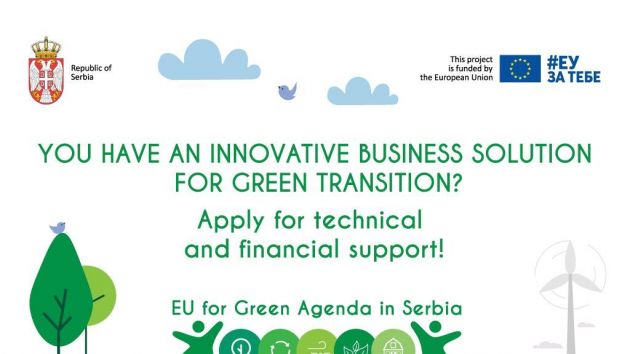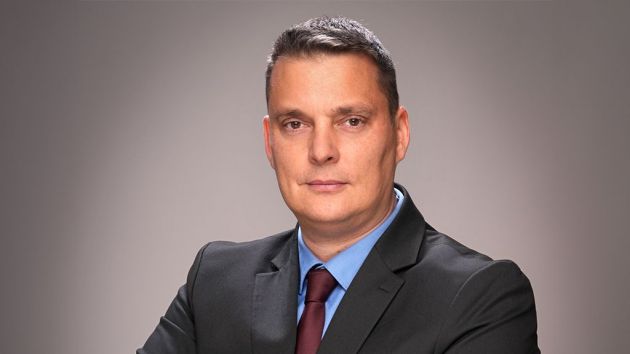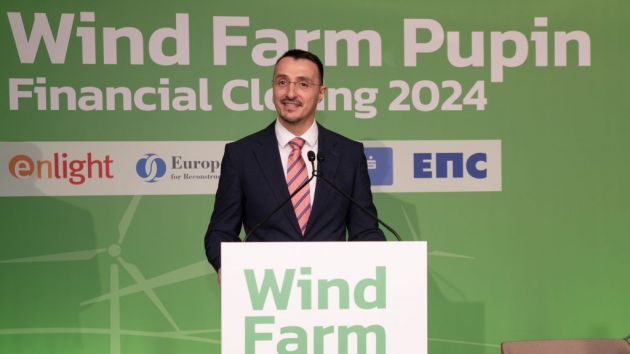Siniša Mitrović, head of the Center for the Circular Economy of the PKS - Generation Z is starting the green revolution
 Wednesday, 17.04.2024.
Wednesday, 17.04.2024.
 23:11
23:11
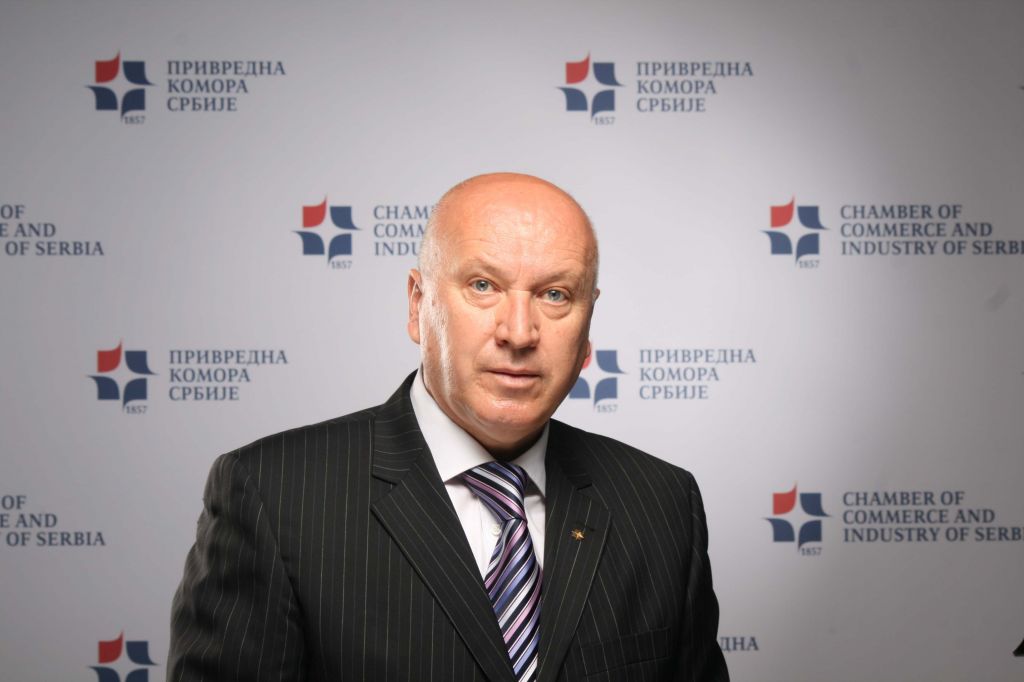
According to him, by switching to a circular economy, the state saves the most, through less use of natural resources. But businessmen should also start the path of circularity, innovation, digitization, resource saving, renewable energy as soon as possible, because that`s the only way they will be competitive on the regional, European and global markets.
Mitrović also reveals what are the key challenges that Serbia faces in this area, but also why he believes that young people will change our attitude towards things, nature, resources and thereby force companies to change as well.
The Serbian economy, it seems, has relatively easily accepted the concepts of green energy, sustainable business, ESG criteria. What about the circular economy? To what extent has that concept taken root among our businessmen?
- The green transition is conditioned by climate change and is one of the biggest challenges for public policies and the quality of life of citizens. Accelerated and increasing pollution, first of all, of the air in Serbia (but also of water and land), irresponsible handling of waste, is disastrous in the long term not only for the environment but also for public health, and also indicates a lack of strategic and negotiated political decisions. The big challenge is to find solutions that will prevent the effects of climate change, as well as the costs of efforts to reduce CO2 emissions, from being borne by the poorest and most vulnerable groups of citizens. A just energy transition, which forms part of the preamble of the Paris Agreement, requires the inclusion of the issue of dignified and quality work in public policies related to the energy transition.
By signing the Sofia Declaration in 2020 and the Action Plan for the Implementation of the Sofia Declaration in 2021, Serbia accepted the transition to the European Green Deal as part of its national agenda, thereby committing itself to take the necessary measures together with the European Union to fulfill the five pillars of the Sofia Declaration - Green Agenda of the Western Balkans, including the transition to a circular economy. Although the deadline for the implementation of the adopted Action Plan and the undertaking of basic systemic measures for the transition to the Green Agenda is, at first glance, sufficient (2030), the time frame is actually very short, as it is a systemic process in which equally responsible and implementers are involved decision (regulatory framework) and the economy that needs to move to modern and clean innovative technologies and production methods in accordance with the principles of the circular economy, without damaging the environment with its activities.
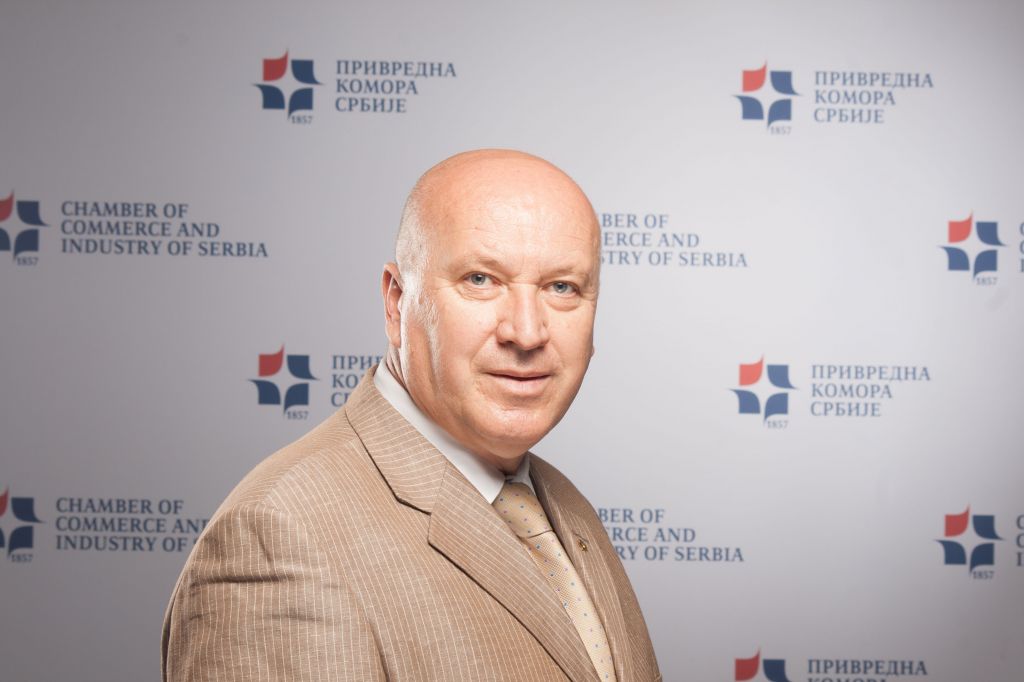
The economic sector in Serbia will be most affected by an inadequate and untimely transition. That is why PKS and the Ministry of Economy have coordinated projects to support companies and so far we have done significant work: models of industrial symbiosis, a digital platform for the transfer of knowledge and best practices, education of the SME sector about the green transition and, most importantly, instilled in them the certainty that it is worth investing in a sustainable product.
Why would any of our businessmen consider switching to a circular economy if it is more expensive than the traditional way of doing business? Who should pay the higher price of a circular product - the economy, the state, the consumer?
- Because "if he doesn`t pay on this bridge, he will pay on the other bridge", means that he should start circularity, innovation, digitization, saving resources, safe supply chains, renewable energy as soon as possible. The only thing that ensures it is the regional, European and world market. Otherwise, competitive economies will defeat us. And this is a job for the new Government and a new approach to finance and incentives for the economy for the green transition, especially for micro, small and medium enterprises. By switching to a circular economy, the state saves the most, i.e. complete society through less use of natural resources, cleaner technology, which will ensure less pollution, fewer sick people and less spending on health, and more on science and education.
How much could the transition to a circular economy bring to Serbia, in financial terms, but also in terms of new jobs, reduced CO2 emissions? What, on the other hand, do we lose by accepting the model of circular economy?
- We need a growth of 5%-6% until 2030 in order to get out of the devastating impact of climate, health and geopolitical crises, and with that growth we can ensure a new quality of life for citizens and approach European wages. We are still the leader in attracting foreign direct investments (4.5 billion EUR in 2023), and with the green transition we can attract large investment funds (utility infrastructure, green hydrogen production, E-mobility). To the direct question - what do we lose - I would say that we lose bad habits and an arrogant attitude towards the environment, we become happier and more contented.
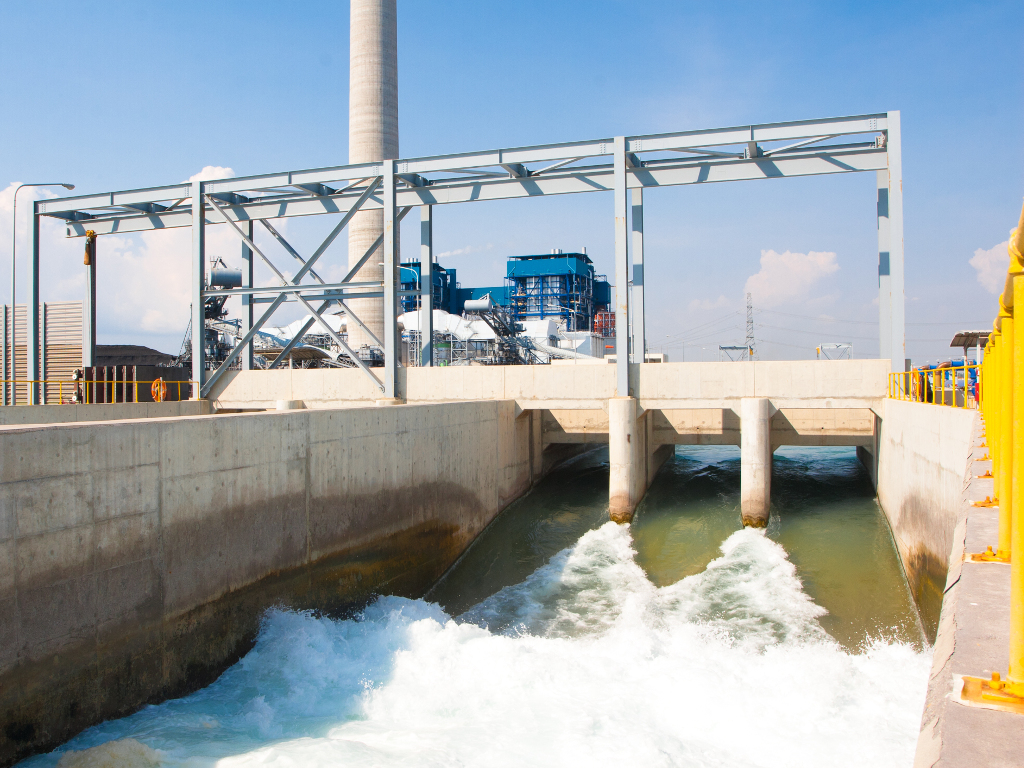
What are the key challenges that Serbia is facing in this area and how to overcome them?
- The regulation of the EU, our largest foreign trade partner, will directly or indirectly affect our exporters to EU countries. The sustainability report will also become an obligation in national legislation. Many companies implement some of the activities, but do not connect them to the achievement of sustainable development goals, they often finance the local community and seek the best solutions for the topics of sustainability, carbon footprint calculations, CBAM regulations, the German Law on Supply Chains, etc. A large number of companies (consultants, audit firms, certification bodies, faculties, experts, and even PKS itself) are devoted to these topics.
The biggest challenge is staff, specialists in carbon accounting, urban climatology, artificial intelligence in the environment. We need more start-up companies, Science and Technology Parks, patents. And most importantly, we need peace and institutions in which work and creation are done for national growth.
Every year, as you have calculated, we throw EUR 100 million of recyclable raw materials into illegal landfills. What could be exploited first and what investments do we need?
- Everything needs to be reused through a new product or waste energy. Our recycling industry now lacks 100,000 tons of glass cullet, 50,000 tons of waste wood, plastic, and we generate three million tons of ash from thermal power plants, one million tons of slag, one million tons of torn asphalt! All of this can be returned as a new resource and saved from nature.
The Serbian Chamber of Commerce (PKS) advocates annual investments of EUR 500 million until 2030 in the construction of sustainable infrastructure, especially for wastewater and solid waste treatment. How realistic is that?
- We don`t know how realistic it is, but we know how necessary it is. Here we have an overlap of economics and environmental protection. Will the treatment of waste water create additional profit for you? Probably not, but it will make a cost savings. The real question is not if it will happen, but when. If the ESG standard goes from voluntary to formal, as there are predictions, the impact of business on the environment will have the same importance as the calculation of salaries at the end of the month. The same applies to solid waste. If it continues its path to the landfill, it will lose all economic opportunity, and become a "pure" expense, with a huge negative impact on the environment and population costs.
There is still much more talk about recycling and waste management than about product design, where it all starts, and about changing habits. Do you believe that Generation Z will change our attitude towards things, nature, resources and thus force companies to change as well?
- I absolutely believe and I am with them! Soon they will be 40% of our population and there is a green revolution, which starts from your house, street, from the bar. Living much faster, spending more and resetting habits is a requirement for a secure future.

Click here to see the entire Special Edition Newsletter
"Green (r)evolution - The future has begun"
 Privredna komora Srbije
Privredna komora Srbije
Naš izbor

Vladan Komatović, general manager of Green Energy 360 - Turnkey solar power plant in a month Energija, Građevina
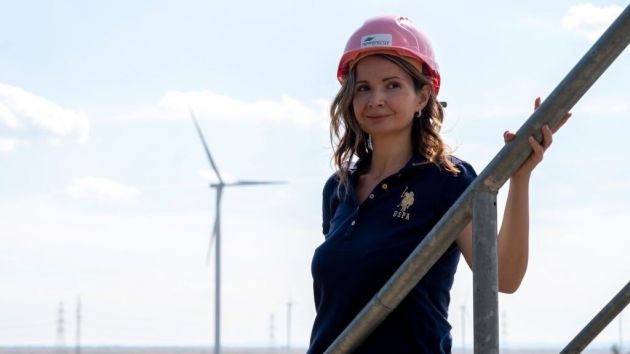
Danijela Isailović, manager of RES Serbia - We connect key players in the RES sector in Serbia and the world Energija


 Izdanje BiH
Izdanje BiH Izdanje Srbija
Izdanje Srbija Serbia Edition
Serbia Edition Serbische Ausgabe
Serbische Ausgabe


 News
News







